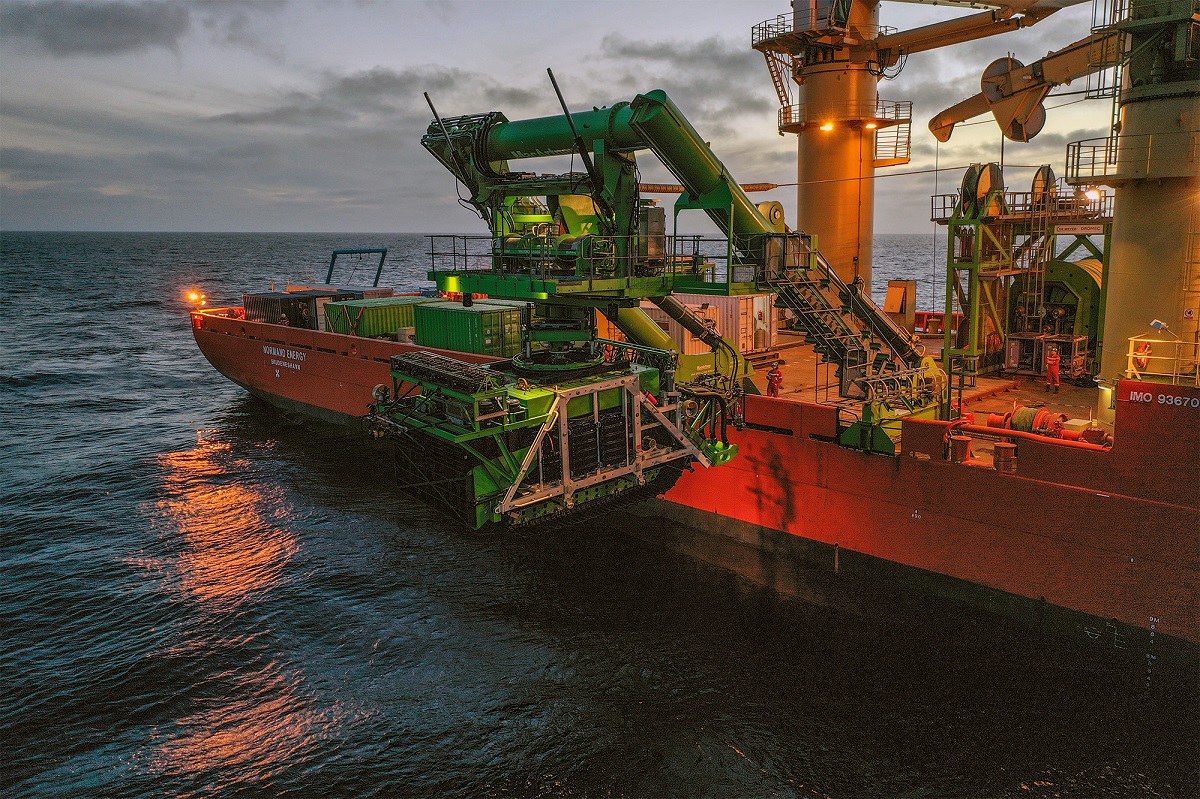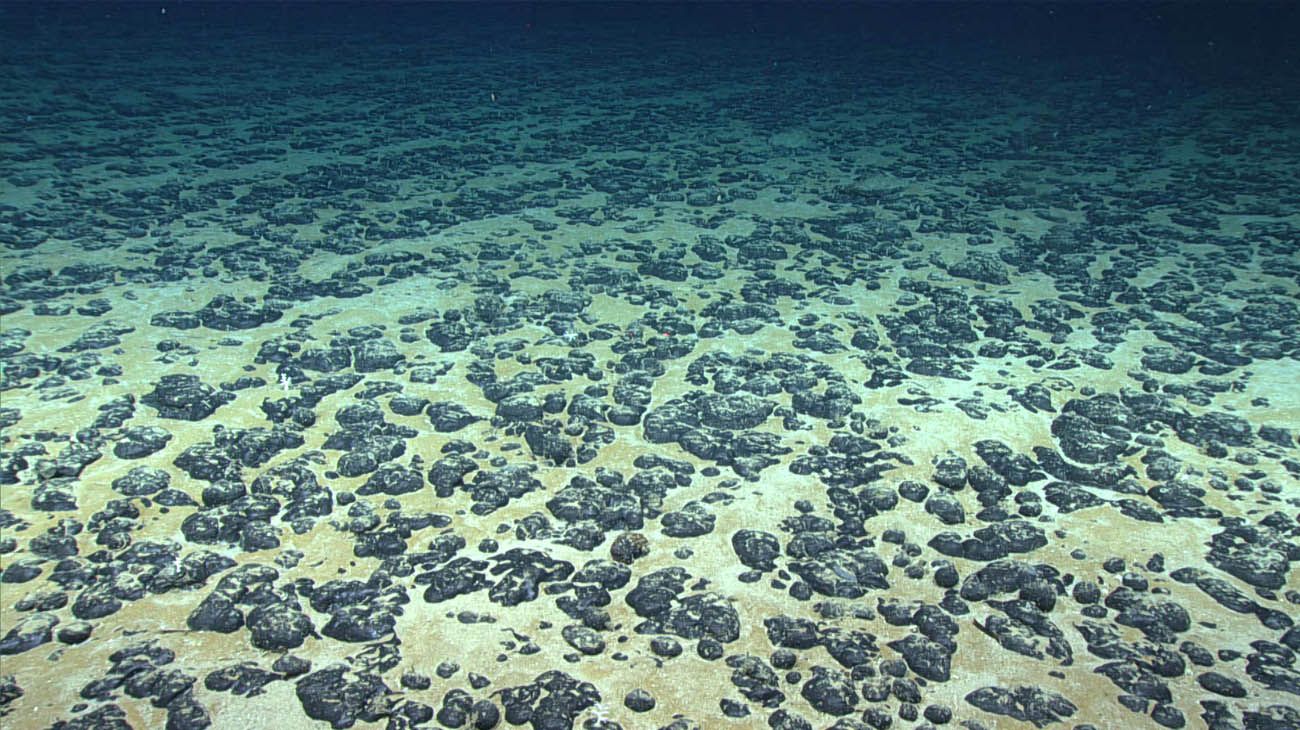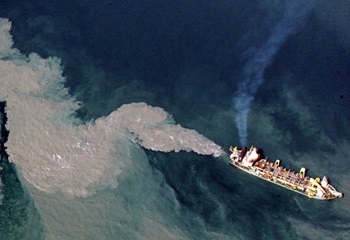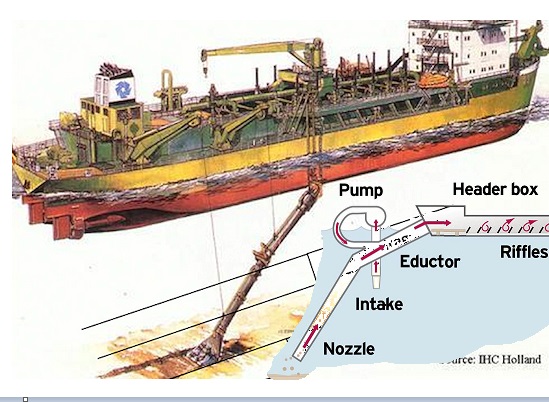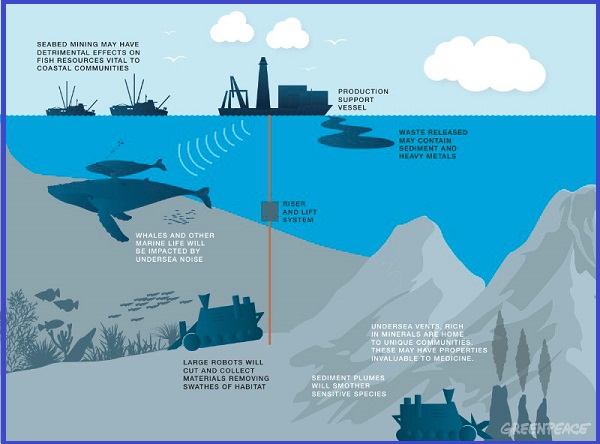
| Paris, June, 2023 – UNESCO welcomes Australia’s decision to implement urgent new protection measures to safeguard the Great Barrier Reef recommended by UNESCO. The measures include a ban on fishing with gillnets. The Australian government formalized its commitments in a letter addressed to Audrey Azoulay, the Director General of UNESCO this week. | |||||||||||||||||||||||||
| “The Great Barrier Reef is a fragile jewel of world heritage. For many years, UNESCO has not ceased alerting the world to the risk of this site losing its universal value forever. We have proposed several concrete measures which provide a roadmap for tackling the problem. I am delighted that the dialogue between our experts and the Australian authorities has now resulted in a set of formal commitments,” said Audrey Azoulay, UNESCO’s Director-General. | |||||||||||||||||||||||||
| For many years, UNESCO has sounded the alarm on the Great Barrier Reef. In 2021, with regard to very worrying data on the reef’s poor state of conservation, experts at the Organization went as far as to recommend the site was inscribed on the List of World Heritage in Danger. This warning had global resonance. The fruits of a long process of discussion In March 2022, a UNESCO-IUCN joint mission travelled to the Great Barrier Reef in order to examine the reef in even greater detail, and to dialogue with all the relevant actors: public sector decision-makers, scientists and non-government organizations (NGOs). In their report, the experts confirmed that due to the threats posed by pollution, over-fishing and the rise in sea temperatures, the outlook for the Great Barrier Reef was worrying. UNESCO and the IUCN also emphasized that the implementation of corrective measures could significantly improve the state of conservation of the reef, listing ten precisely-defined actions the Australian authorities should take. In July 2022, Audrey Azoulay, UNESCO’s Director-General, met with the new Australian Prime Minister, Anthony Albanese and recalled the urgency of taking action. A discussion between UNESCO experts and the Australian authorities followed, with the aim of establishing an implementation plan for the ten priority measures including costs and timetable. This process has just been completed. In a letter addressed to Audrey Azoulay, the Minister of the Environment, Tanya Plibersek announced that the urgent new measures for the protection of the Great Barrier Reef UNESCO had requested, would be carried out. Key Measures In the letter the Australian government committed notably to: Create no-fishing zones in a third of the World Heritage site by the end of 2024, and to ban gill net fishing altogether by 2027; Reach water quality improvement targets by 2025, by significantly reducing pollutant discharges from farmers and industrialists, and restoring flora and fauna in drainage basins; Set successively more ambitious CO2 emissions reduction targets, in alignment with efforts to limit global temperature increase to 1.5°C. This comes in addition to the measures already announced by the Australian authorities in recent months. UNESCO will closely monitor the effective implementation of these measures. The state of conservation of the Great Barrier Reef will be examined again by the World Heritage Committee at its 45th extended session (September 10-25, Saudi Arabia). |

